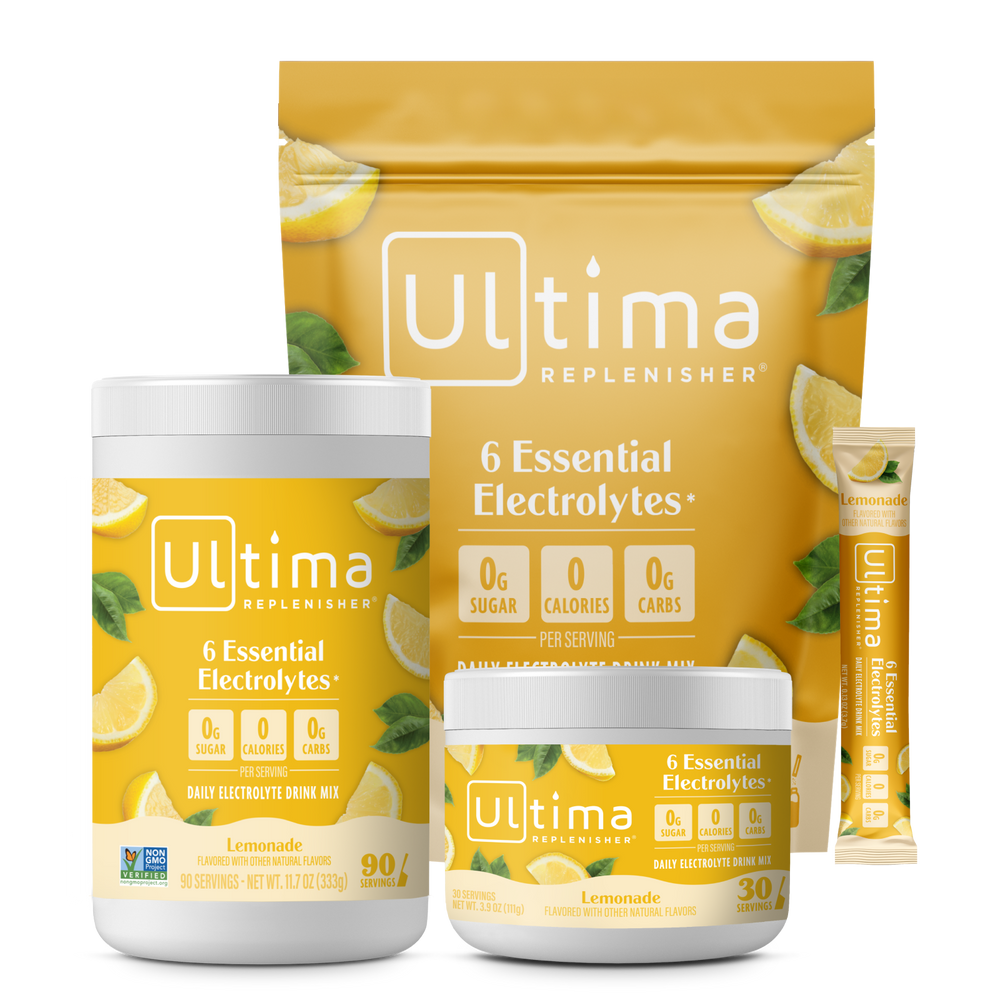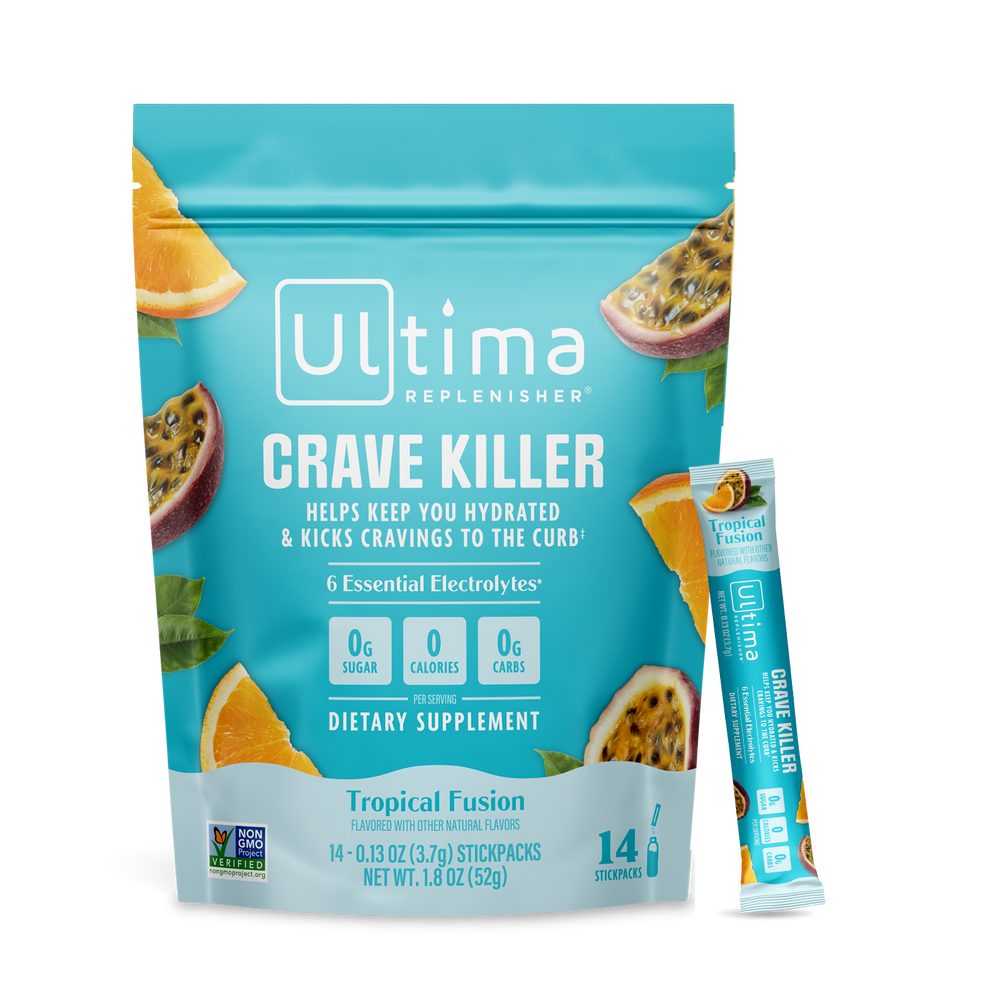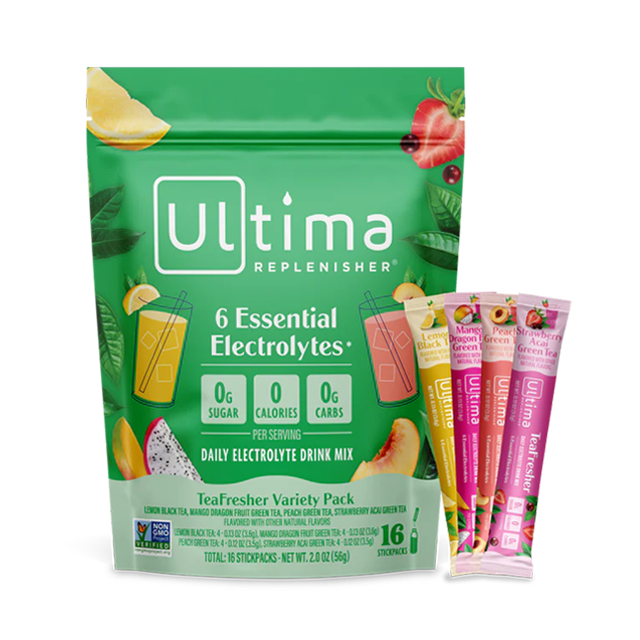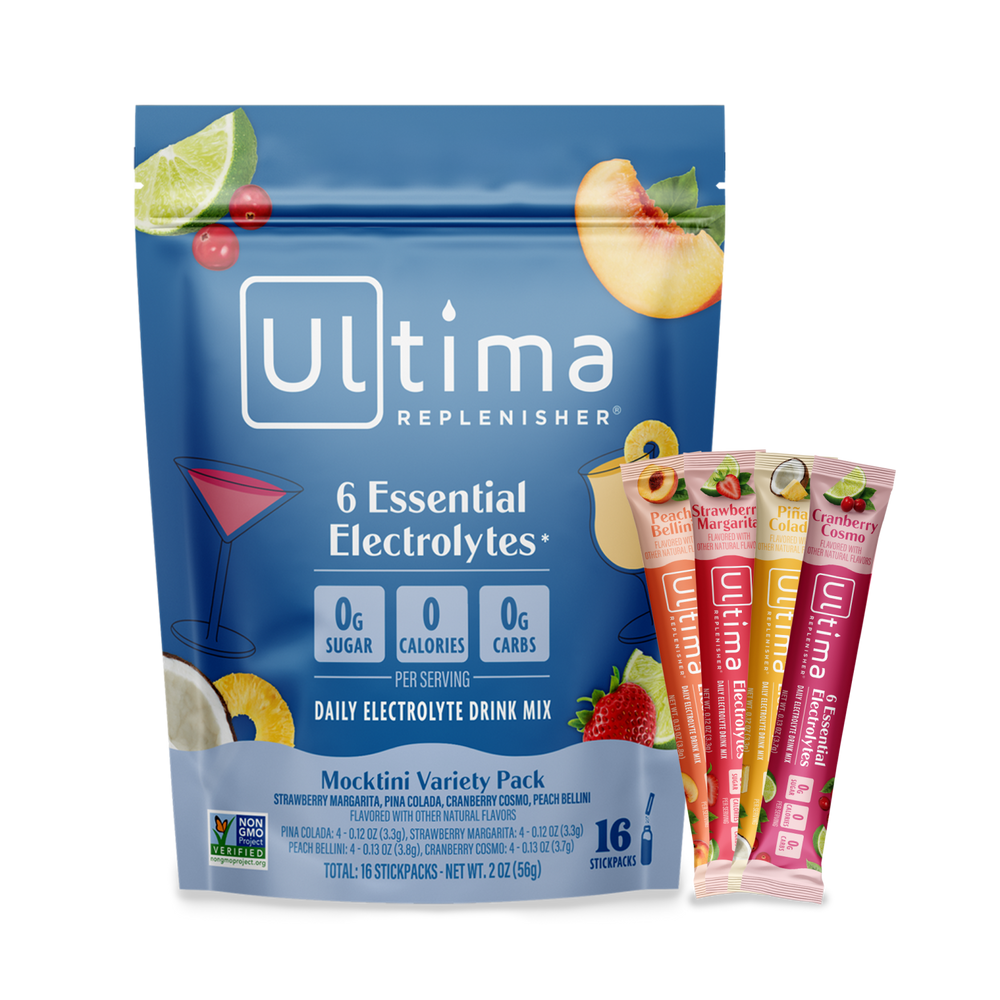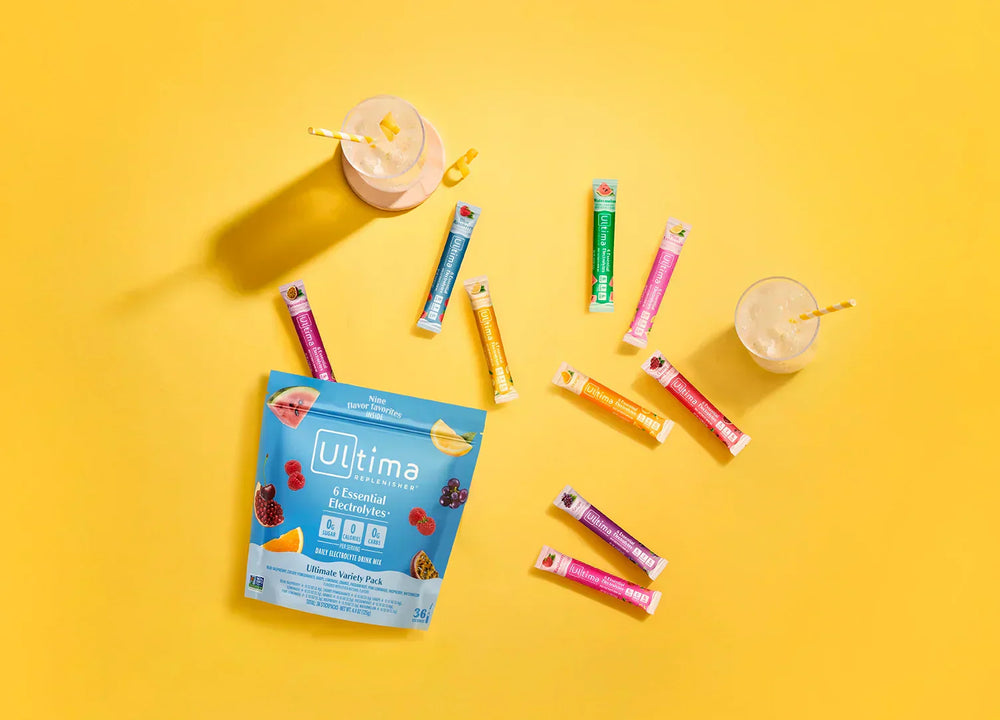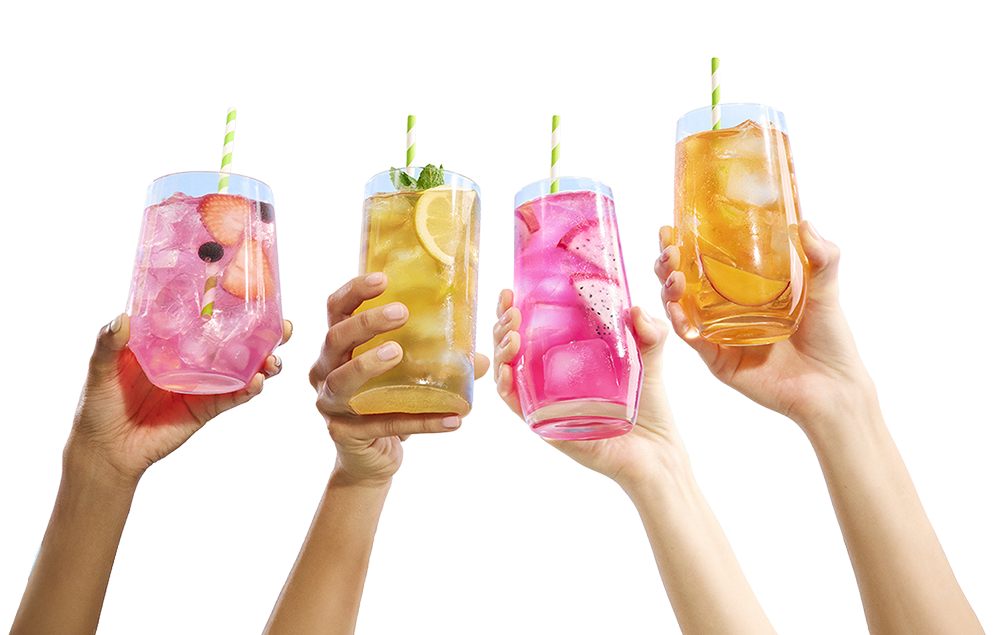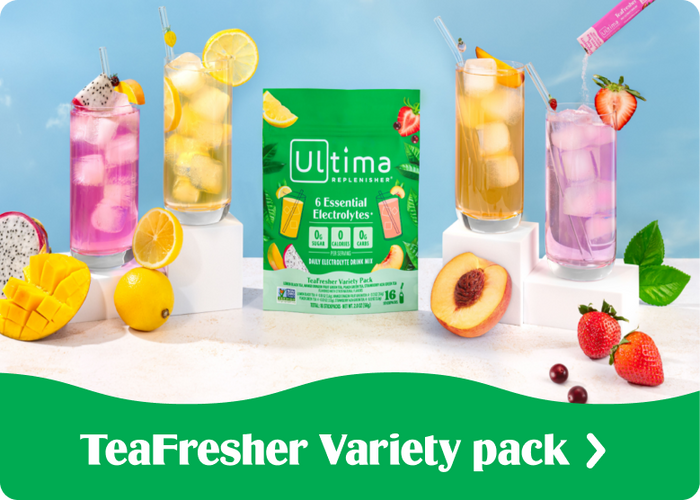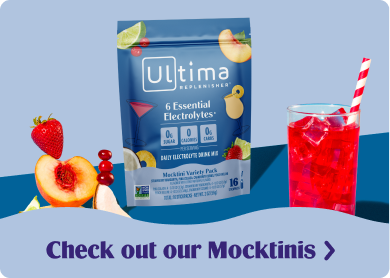
Drinking Electrolytes While Pregnant: What You Need to Know
Dehydration can happen more easily during pregnancy. There are multiple factors that make hydrating more important at this time. Water is an important component in amniotic fluid and the placenta, both protecting and supplying nutrients to your developing baby.
Not only do you need water to keep yourself hydrated, but being pregnant places extra demands on your body and raises your body temperature. Plus, if you experience morning sickness or more frequent vomiting or nausea, staying hydrated can be quite challenging.
This is where electrolytes can help. Electrolytes are minerals your body uses for critical functions such as regulating heart rhythm, maintaining proper fluid balance, nerve transmissions, and muscle contractions.
Signs Your Electrolyte Balance Is Low
Because dehydration can trigger early contractions, increasing the risk of preterm labor, knowing the early signs of dehydration can help you stay hydrated and healthy during pregnancy. The American College of Obstetricians and Gynecologists (ACOG) recommends drinking 8 to 12 cups (64 to 96 ounces) of water every day when pregnant to stay at a healthy hydration level.
Drinking water with electrolytes can help you stay hydrated and replenish lost minerals that help your body function properly and help support a healthy pregnancy.
Signs your electrolyte balance is low and you are becoming dehydrated include:
- Feeling thirsty
- Fatigue or sluggishness
- Difficulty concentrating (brain fog)
- Headaches
- Dizziness
- Constipation
- Dry mouth and lips
These symptoms should go away once you consume enough water, and may go away even faster if you replenish your electrolytes. An easy way to do this, even on the go, is to add Ultima Replenisher electrolyte mix to your water and shake or stir.
There’s no sugar and you are likely to find a flavor that you can enjoy, no matter what your cravings may be. Try a Variety pack of electrolyte powder or choose a larger variety pack that includes Lemonade, Grape, Raspberry, Cherry Pomegranate and Orange flavors. Because we use fruit extracts, the flavors are light and delicious with no artificial flavors or colors.
Drinking Electrolytes During Pregnancy
Drinking water alone can be more difficult when pregnant because its lack of flavor means it can take on odd tastes that are common during pregnancy-related hormonal shifts. As your pregnancy progresses, you may also feel bloated and full or be dealing with indigestion. Drinking water with electrolytes can help restore fluid balance and pH levels that are crucial to staying hydrated enough to support healthy nerve and muscle function.
It may seem odd to drink more water when you’re retaining fluid, but water helps flush out fluids and waste from your system so that you stay at a healthy balance. And electrolytes like sodium and potassium can help regulate fluid balance and blood pressure levels.
Ultima Replenisher electrolyte drinks have zero sugar. Our mixes are naturally sweetened with organic stevia leaf, so even if you have gestational diabetes, it’s likely you can still use our electrolyte powders because they won’t affect your blood sugar. Just check with your doctor first to be sure.
Plus, their light and delicious taste makes getting the recommended amount of water during pregnancy much easier. There are so many flavors your family and friends will want some too! You can all enjoy this flavorful way of dehydration.
Signs of Severe Dehydration
Drinking water and electrolytes can help with mild and even moderate dehydration, but if you suspect you are severely dehydrated, you need to call a doctor or seek medical attention right away.
Signs of severe dehydration include:
- Extreme thirst
- Little or no urine
- Dark-colored urine (dark yellow, orange or brown)
- Irritability and confusion
- Rapid heartbeat and breathing
- Lightheadedness or fainting
- Extreme dizziness
- Blurry vision
- Nausea or vomiting
